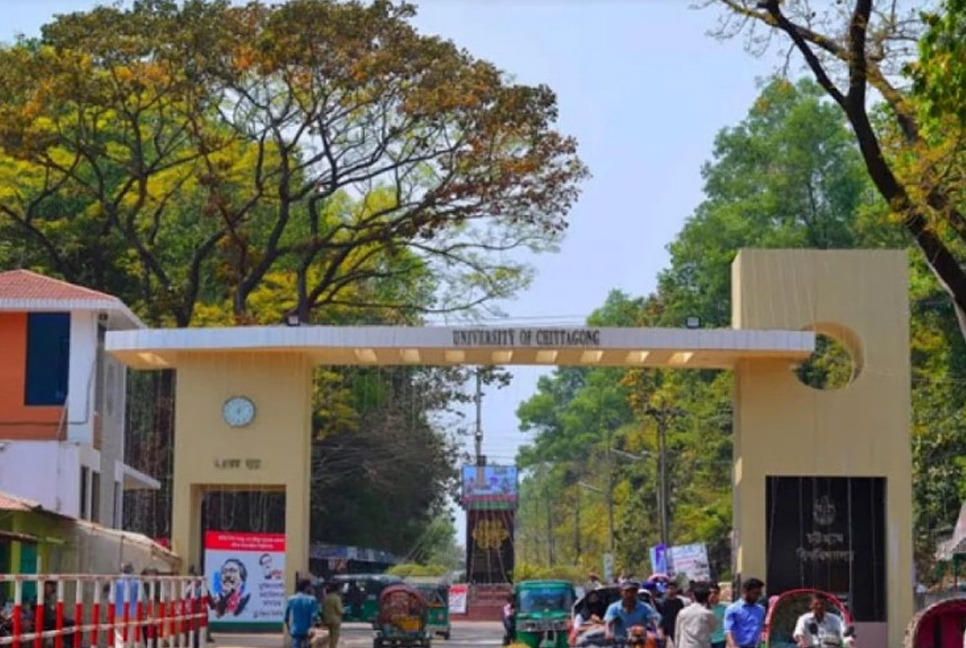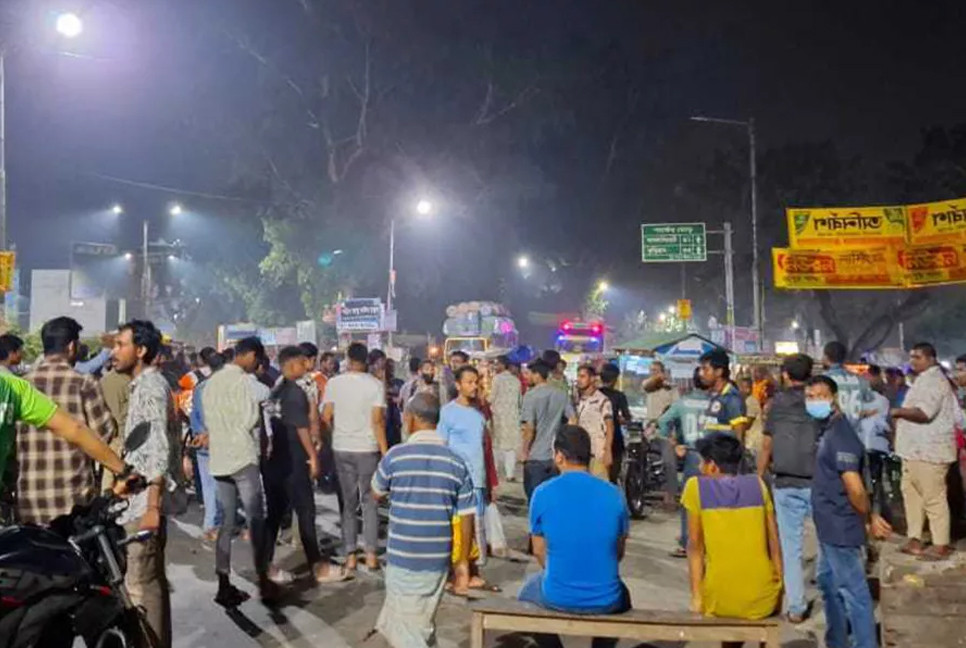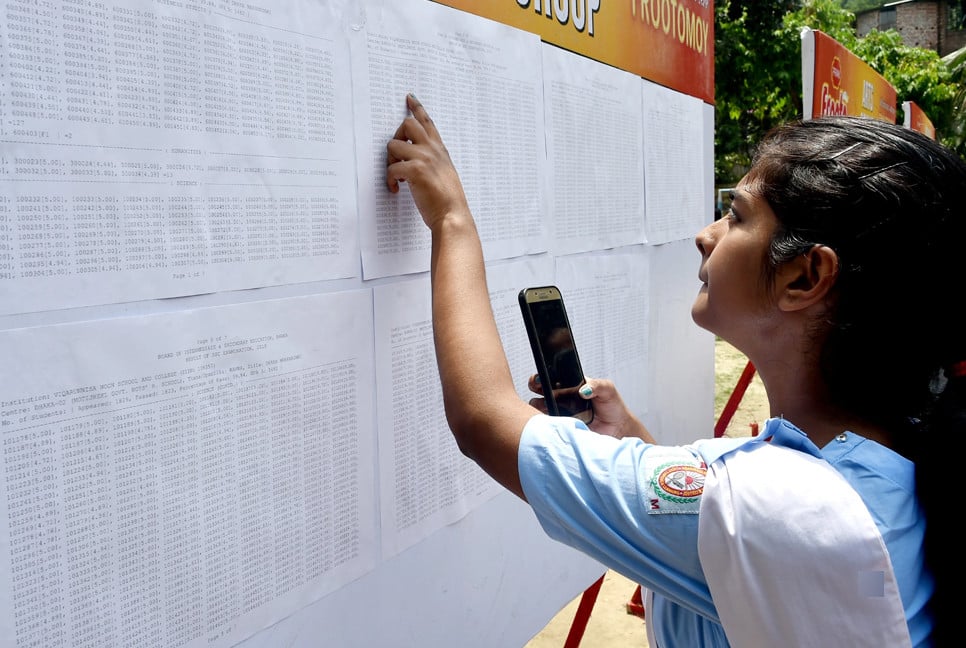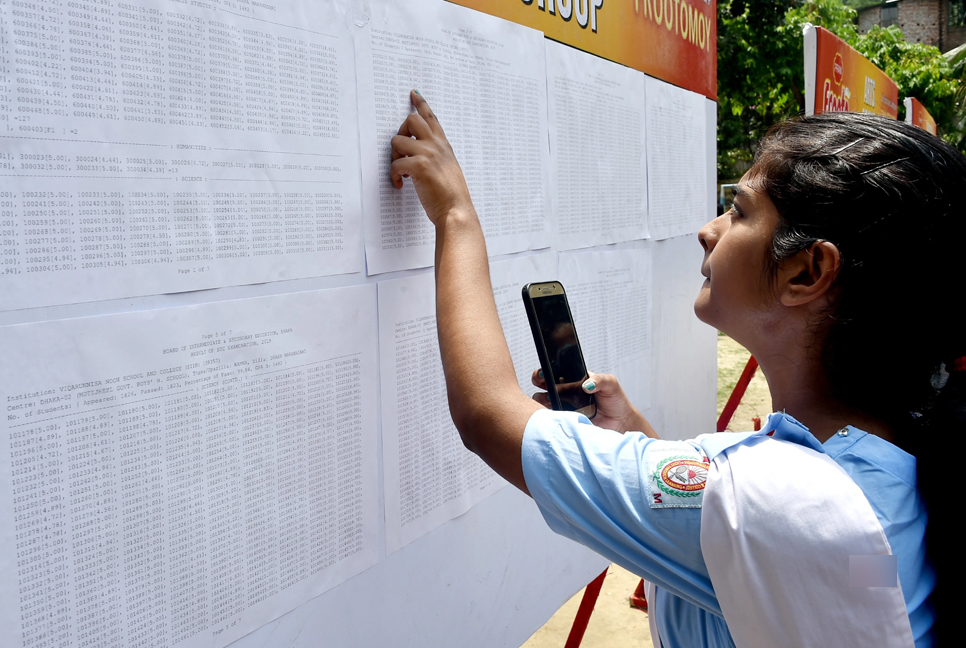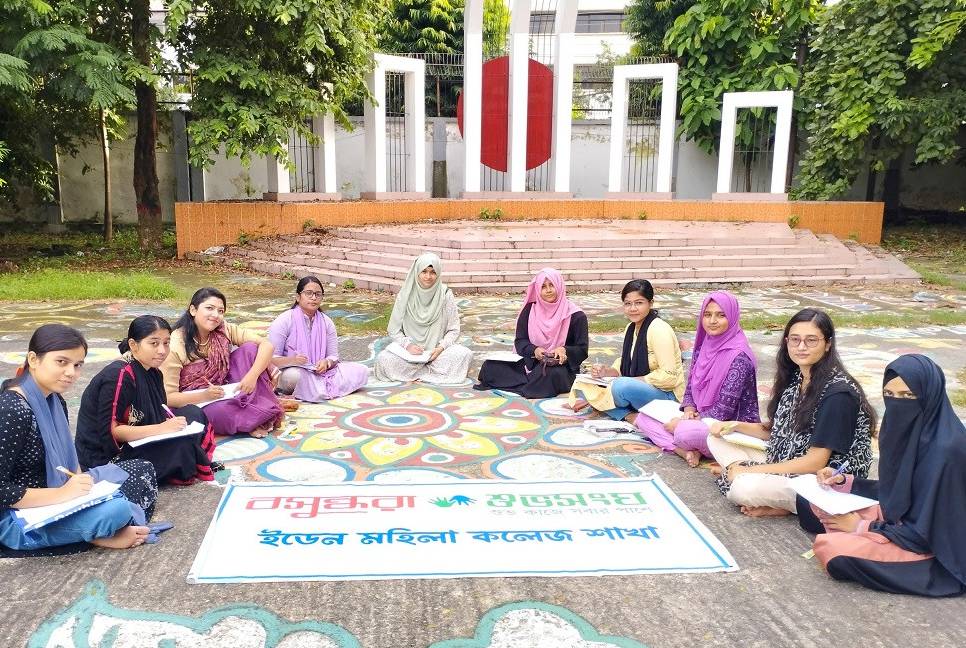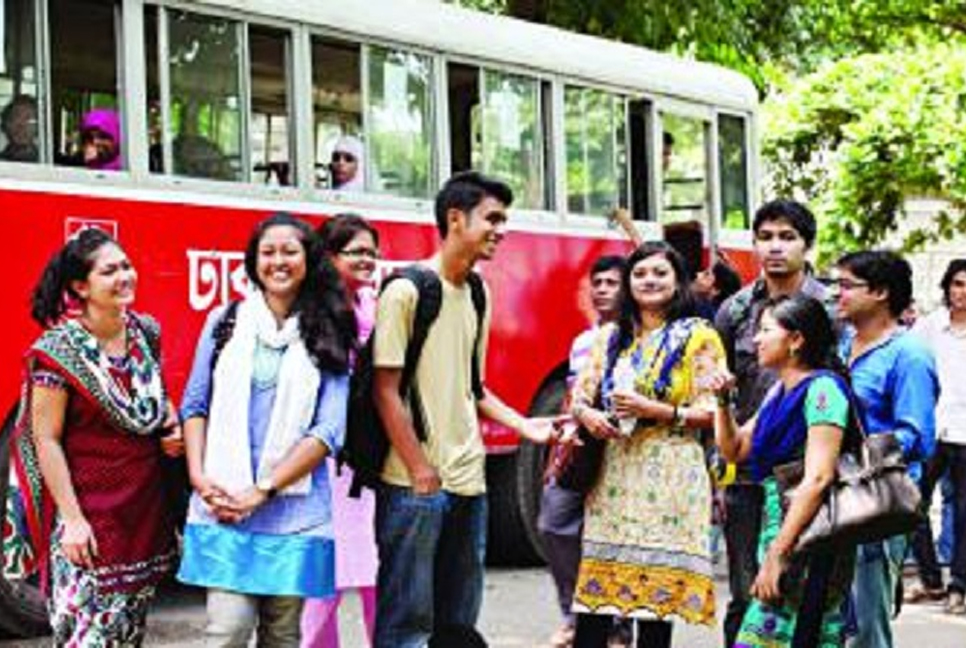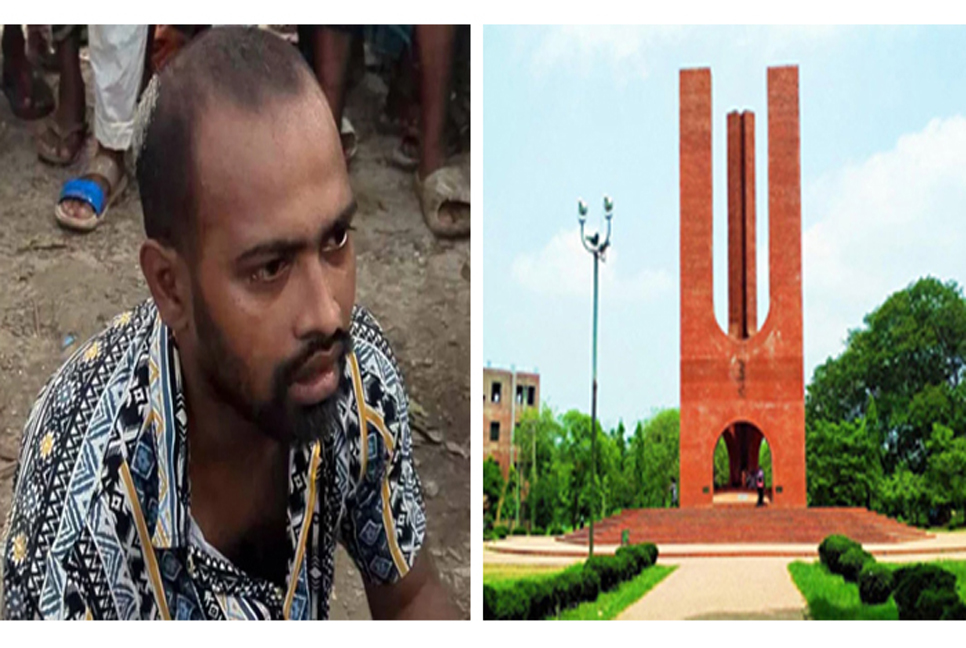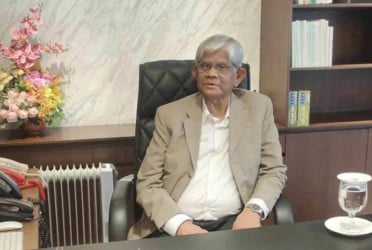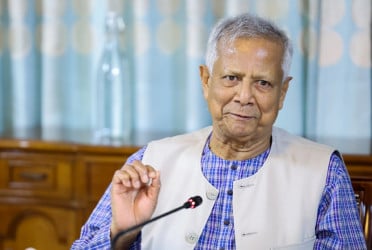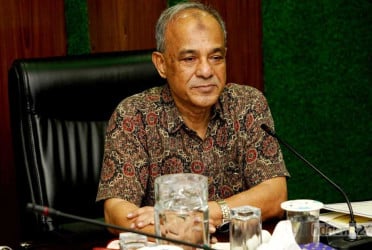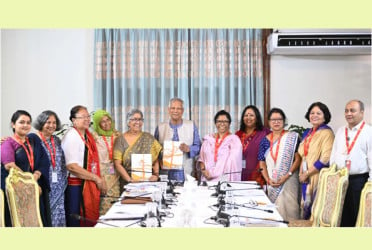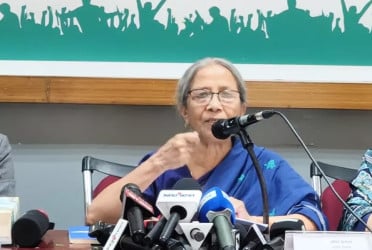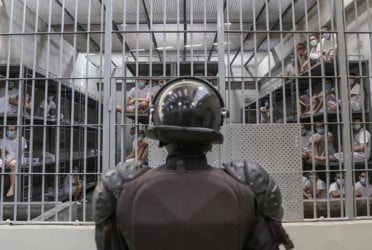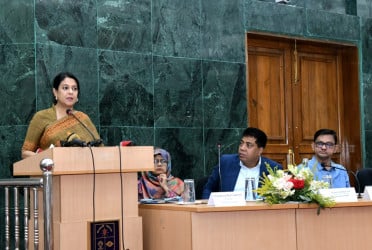After a three-month long shut, Chittagong University (CU) has started all academic activities from Sunday, reports UNB.
The decision comes after CU authorities, for the first time in almost eight years, allocated seats in the university’s residential halls on September 29. The decision to reopen the university followed shortly after this arrangement.
On Sunday, many departments held inauguration ceremonies for the new session, officially marking the start of academic activities.
According to reports, classes and examinations at CU had been suspended since July 1 due to work abstention by teachers and officials demanding the cancellation of the pension scheme. Subsequently, on July 17, the university was declared closed in response to the quota reform movement, during which students were instructed to vacate the halls.
After Sheikh Hasina led government’s fall on August 5, an emergency syndicate meeting was held on August 7 where it was decided to reopen the university. The residential halls were scheduled to open on August 18, and classes were set to resume on August 19.
However, due to student protests, these decisions were postponed. As a result of the demands, Vice-Chancellor Professor Md. Abu Taher, Pro-Vice-Chancellor Benu Kumar De, and Md. Sekander Chowdhury, along with the heads of 14 residential halls and the Director of Student Guidance, stepped down from their positions.
On September 18, retired Professor Muhammad Yahya Akhtar from the Department of Political Science was appointed as the new Vice-Chancellor.
It has been reported that CU has now successfully allocated seats in all its residential halls after a gap of seven years. While previous attempts under former Vice-Chancellor Professor Dr. Shireen Akhtar had failed to allocate seats, the new Vice-Chancellor, Professor Dr. Yahya Akhtar, managed to resolve the issue within 17 days of taking office. He also initiated several other activities, including restarting classes and exams and implementing a clean campus initiative, demonstrating his administrative efficiency.
Professor Dr. Kamal Uddin, CU’s Pro-Vice-Chancellor (Administration), said that the university did not have the luxury of time to thoroughly address the seat allocation process before resuming classes and exams. Therefore, they followed the old allocation policies. However, acknowledging the students' complaints, he assured that an inclusive seat allocation policy would be developed soon.
Bd-Pratidin English/ Afsar Munna

